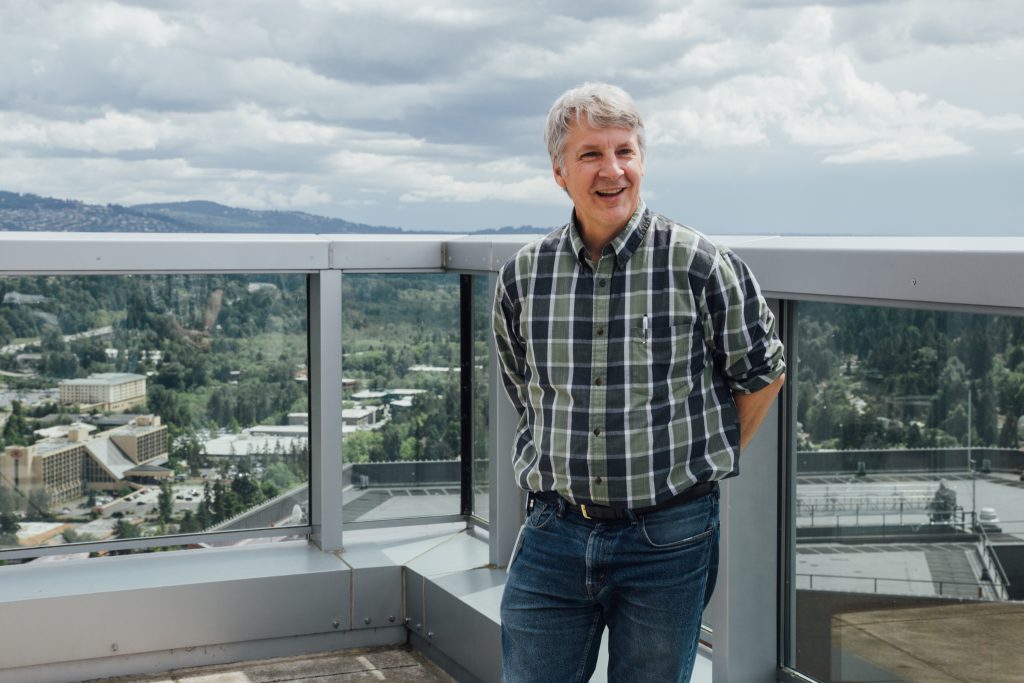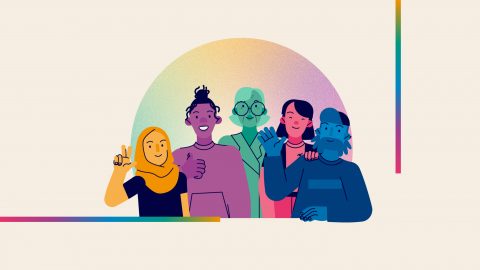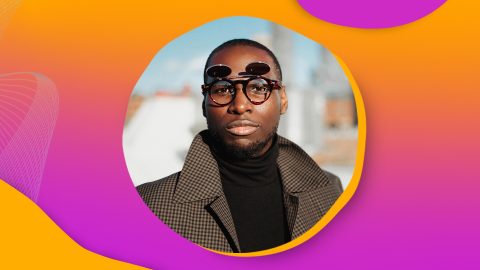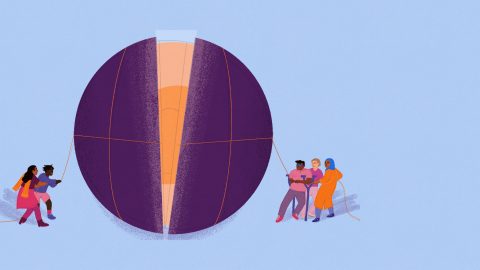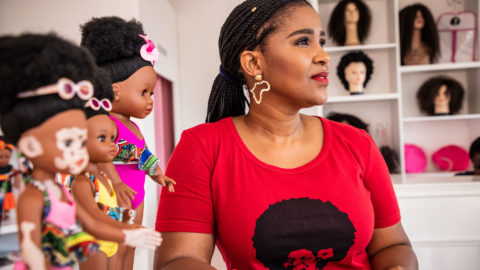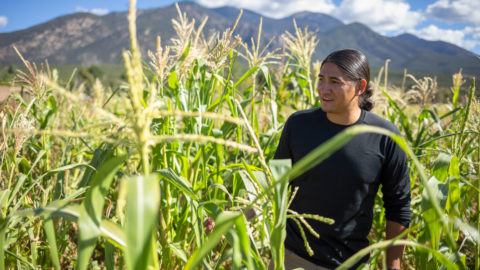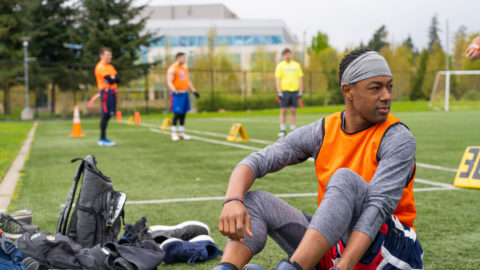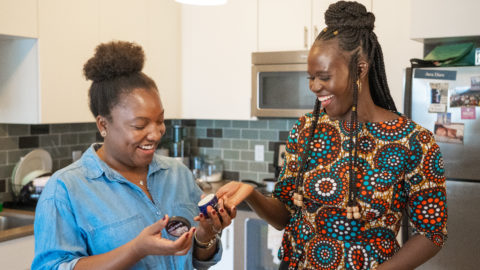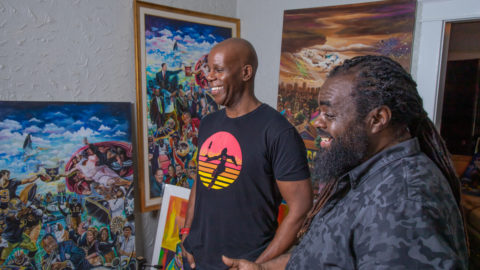What impact will your career make?
Fil Alleva has spent almost 4 decades giving speech technology a voice
The phrase “life’s work” is one that seems to be fading into obscurity with each passing year. The ideal of seeing a finish line and giving your all to get across it sometimes seems romanticized — until you meet someone like Fil Alleva.
“I started working in the speech area in 1977,” explains the affable Partner Group Engineering Manager. “I’m coming up on 40 years now working on this.”
Alleva was planning to be a chemical engineer in his undergraduate years at Carnegie Mellon University in the late ‘70s when he befriended Professor Raj Reddy in an introductory programming class. Soon after, he found himself taking a $2-an-hour job programming computers, if only because it was a better gig than working in the school cafeteria.
“Raj was a pioneer in AI and speech recognition,” Alleva says of his mentor, Reddy, who won the Turing Award in 1994 . “He taught me everything he knew; we worked together for seventeen years.”
Alleva began dreaming of a day when people would interact with technology the same way they primarily interact with each other: verbally. Since bringing his efforts to Microsoft in 1993, he’s applied his life’s work in countless applications that were inconceivable when that dream began — and he works for a company that puts him in the position to impact the lives of countless people all over the world.
“Cortana is what we consider to be the killer application for speech. It’s the agent that ultimately is going to be one of the key ways you interact with communications and computing capabilities — services, applications, data analysis and more,” he explains. “Doing machine learning and speech processing for Cortana, it is clear that we are one of the few companies that has an opportunity to build a product and then put it in the hands of hundreds of millions of users who really need it to do productive work on a day-to-day basis.”
As he closes in on his 25th anniversary at Microsoft, Alleva says he feels as strongly about the company now as when he joined.
-
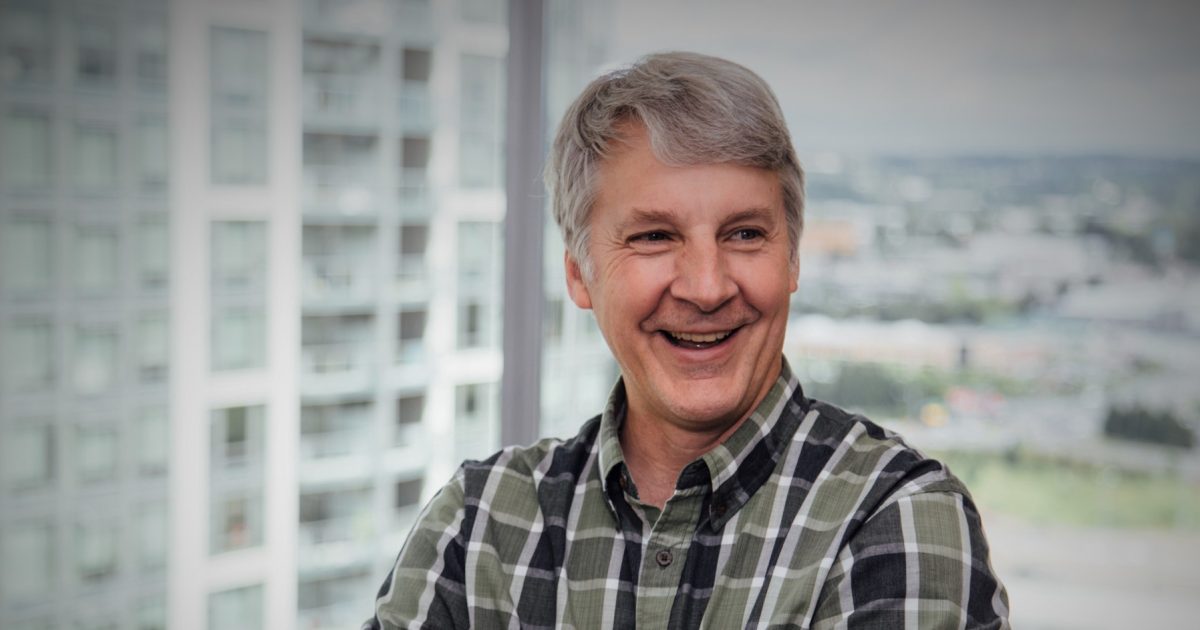
“If you want to get at the tip of the spear — building an AI project that is actually adding to business productivity — Microsoft is the place to be,” he says. “We have the people, the data and the vision to go after that.”
But for Alleva, following his passion has not always been easy. Over the decades, as he kept chipping away at what some called an insurmountable challenge, the achievements weren’t always so clear. “I’d run into old classmates who’d gone out into the world and done wonderful things, and they’d say ‘Fil, are you still working on speech?’” he laughs. “People would say ‘It’s the technology of the future — and it always will be.’”
But if you stand your ground long enough in the middle of a storm, you may eventually find the winds shifting in your favor. “About ten years ago, people began saying ‘That speech stuff isn’t working yet, but I think it could be coming,’” he recalls. “Now, it has become a present technology. And people don’t say that stuff anymore.”
His Sisyphean boulder finally pushed over the hilltop, automatic speech processing is picking up more momentum every day. It truly is the technology of the future — and the future is now.
“Microsoft has a wide range of products that incorporate this technology,” says Alleva. “It has become mainstream. And if you’re someone who is interested in machine learning in this era, you should be excited about the advent of deep learning.”
Using deep learning algorithms to model high-level data classification, this branch of machine learning is creating plenty of buzz in the field that has Alleva excited for what lies ahead.
“Artificial neural networks have been under development for decades, but it’s only in the last four or five years that we’ve gotten them to work well,” he explains. “We’ve been on a roll ever since, because it’s dramatically improving the rate at which these systems get better.”
At this point, Alleva says, it’s really just a matter of increasing the number of smart people who are working within the field of deep learning.
“The process of developing the next generation of technology — which is based on this type of machine learning —has accelerated dramatically,” he says. “We’ve gone through three generations of deep learning machine technology in the last two years, where previously, we’d go through one generation in about 10 years.”
“Microsoft is doing some cutting edge work”
“It’s very exciting. Microsoft is doing some cutting-edge work, in terms of developing new types of machine learning,” Alleva explains. “With my perspective, I can see that the surface area for innovation just keeps getting larger as we develop these tools.”
All these years after they began, the question for Alleva isn’t so much whether speech recognition will fuel decades of innovation, but who will take it to the next level.
-
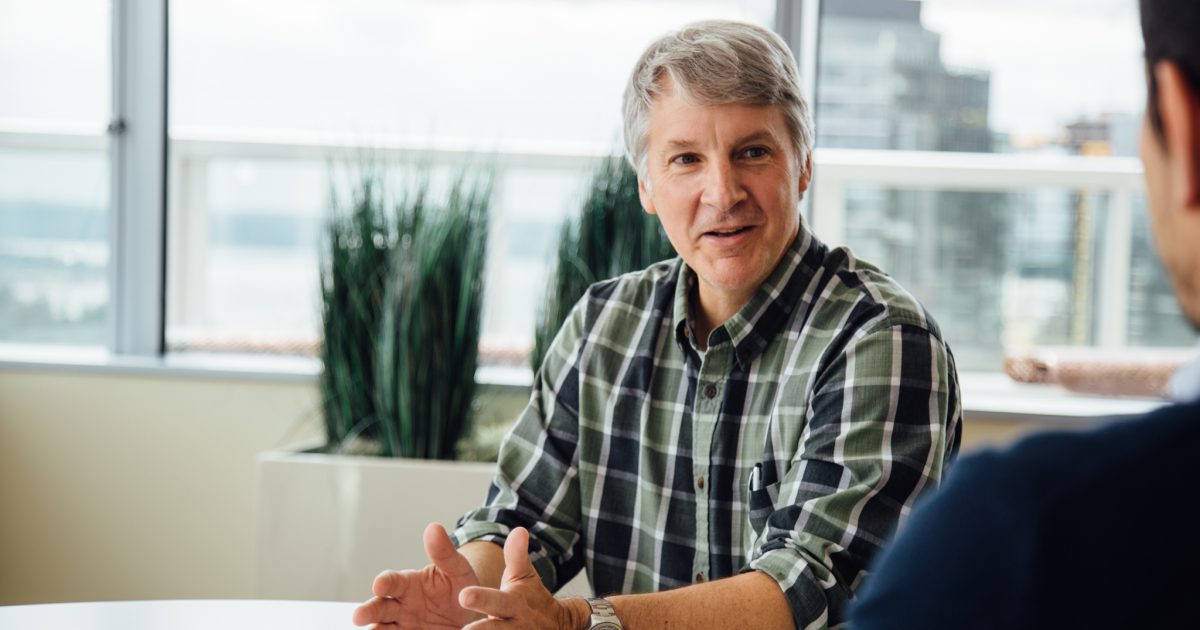
“When I find someone who is raring to go, I say ‘Make sure you know what you stand for. And then you do it,’” Alleva says of the advice he dispenses to people on his team. “That’s a great approach to a career anywhere, but particularly at Microsoft. Have an idea of the impact that you want to make, and know that you can do that here.”
With those words, Alleva summarizes his take on how to launch your “life’s work” in a modern context. So the next question is, where will your life’s work take you?

